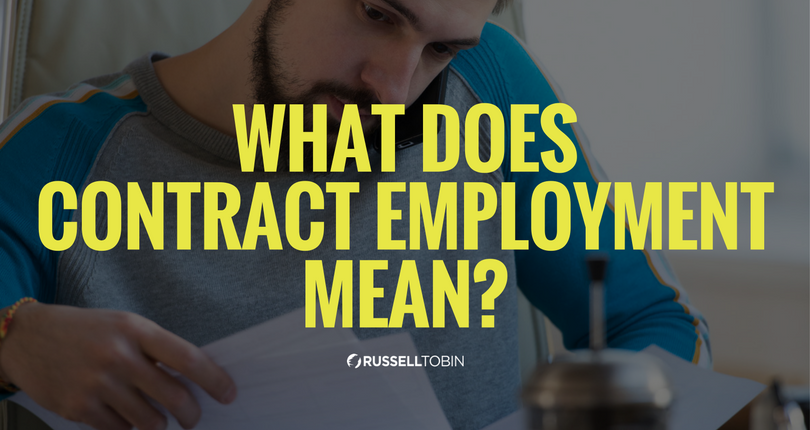Contracting has long been considered the mystery box of employment. While companies view it as a way to rapidly scale business, many prospective employees view it as merely a short term stint. A temporary gig. A brief stop.Certainly not permanent.
That’s not necessarily the case.
The Company
Okay, so let’s say you are running a company. Maybe it’s a big company. Congratulations on all of your success. Your company is awesome.
You have grand plans of continuing to scale your business and need to be sure you have the employees to make it all happen. The tedious hiring process that you have in place for your salaried employees just isn’t cutting it. There is another way to scale. A better way. You could work with recruiting agencies and hire contingent employees.
A streamlined hiring process, one that avoids the layers of approvals required for salaried headcounts, allows you to move quickly in the hiring process. It allows you to scale your business and add multiple individuals to a project or team with a process that could be as quick as a week.
According to a Workforce 2020 study by Oxford Economics(conducted in 2015), approximately 83% of executives indicated that they’re increasingly using contingent employees. Furthermore, the study estimated that by the year 2020, contingent employees would make up 40% of the workforce. 40%!
The Employee
You’re on the hunt for a new job. It’s time for a new job, and you deserve a raise. You’ve found a few opportunities that are interesting, but they’re “contract to hire”, and you’re not really sure what that entails. It doesn’t sound very secure. What happens after the contract ends? Are we just back to square one?
Not necessarily.
There’s context for every contract. Maybe, for example, it’s a brand new position and the company does not have an allocated salaried headcount for the position until next year, when you could be converted to salaried. Maybe the short term contract is really just more of a probationary period, similar to all salaried positions, and the company would look to convert you to salaried after that. More often than not, the employer will disclose the details around the opening to recruiting agencies, and the context around why they’re looking for a contractor. It is one of the first questions you should ask. There is context for every opening within a company.
You applied for the job, and you got it. The interview process was a phone screen and an onsite interview. That was quick. Congrats! And hey, that’s a nice raise you got. You are being paid on an hourly pay rate now, and that’s okay. Being an hourly employee ensures that you’ll be able to maintain a work life balance. Many companies like to keep their contingent employees to a 40 hour work week. Not taking work home? That’s pretty great. And if you do end up working overtime, you’ll get paid for it. That’s pretty great too.
Lastly, the benefits. Are there benefits? Agencies like Russell Tobin offer the ability for you to enroll into a benefits program. This includes medical, dental, and vision coverage, and access to certain commuter benefits as well. On top of that, many companies now provide onsite benefits to all of their employees, including free meals and shuttles to and from work. Yep, even to contract employees. That makes things pretty easy.
The hiring landscape continues to evolve with the way companies scale. As the interest in hiring contingent workers increases, it’s time to open up the mystery box to understand exactly what contracting entails.

 Helping the
Helping the Specialized
Specialized Industrial
Industrial Healthcare
Healthcare MSP & Contingent
MSP & Contingent Innovative
Innovative Business
Business








